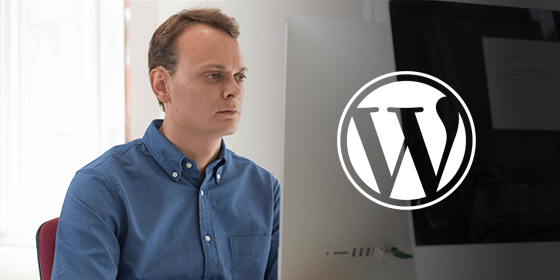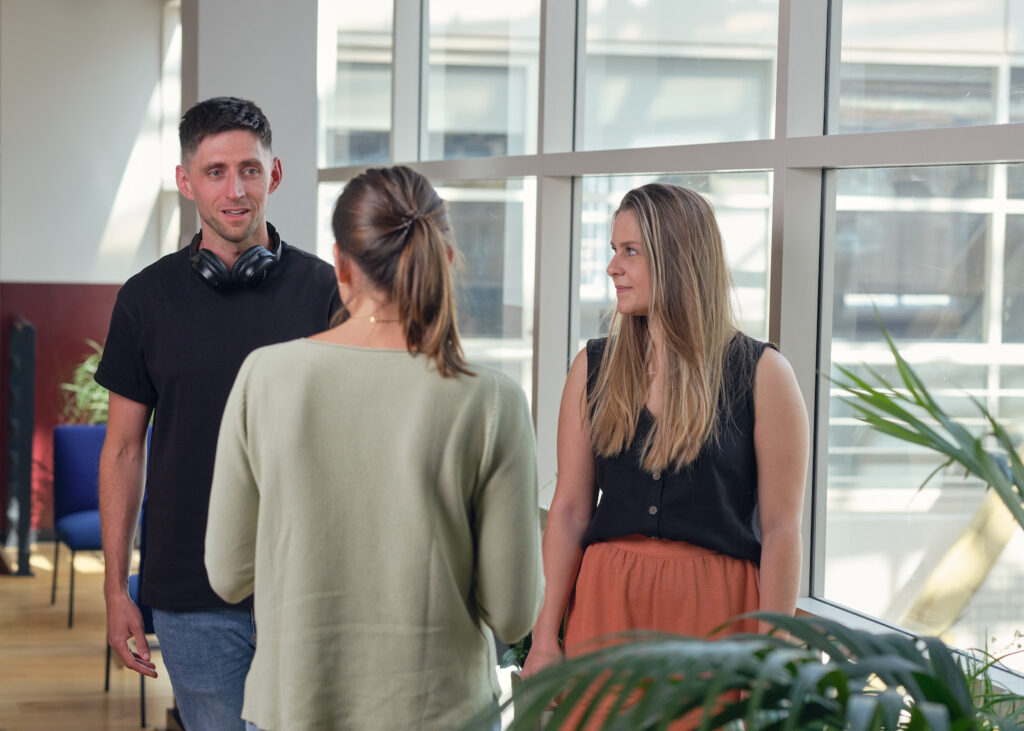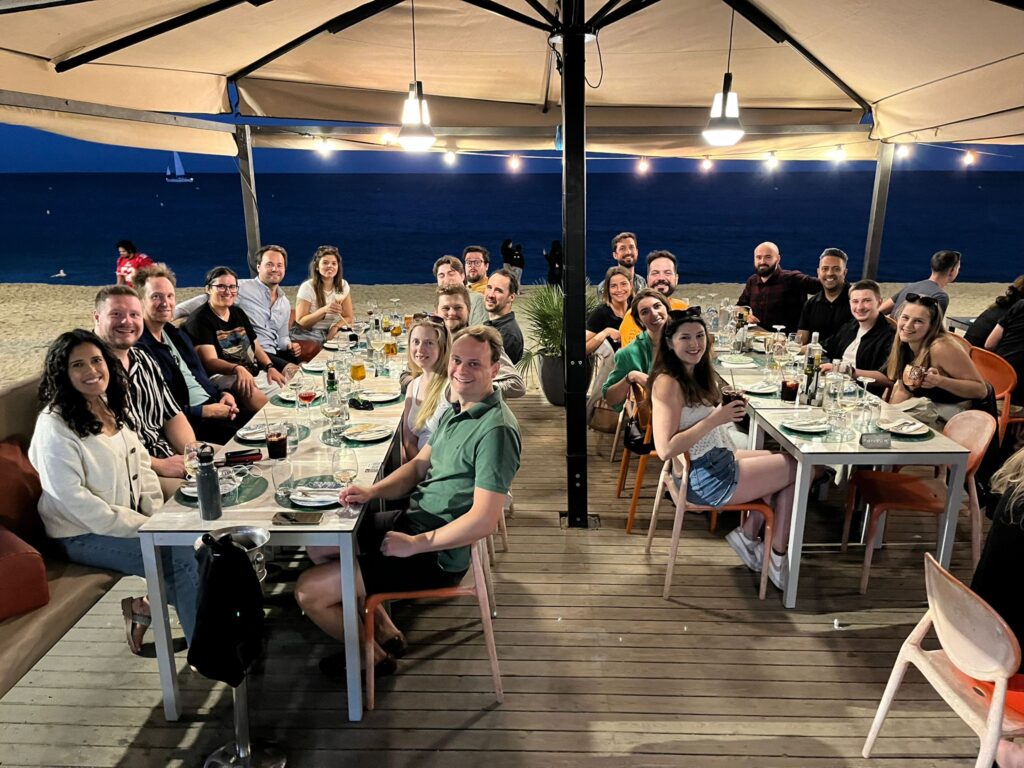Is WordPress a Secure Content Management System?
WordPress has an unfair reputation for having poor security. It has been around for a very long time and is extremely popular, powering almost 30% of the web. As a consequence, a vulnerability or successful attack on a prominent website becomes big news – and WordPress becomes the scapegoat.
There are two key reasons that news of successful attacks are not representative of WordPress as a secure CMS:
- WordPress has an open system for plugin and theme development, and the vast majority of vulnerabilities are actually to do with plugins and themes rather than the core system. That is why we limit the number of plugins we use, and we only use plugins that are well-used, well-maintained and regularly updated. A client of ours (News UK) has a whitelist of acceptable plugins and likewise we only use plugins that meet our criteria. We also never use WordPress themes: all of our sites are coded from scratch.
- A major cause of problems has been when a website has not been updated after a security patch is released. As you know this will be true of any piece of software – if a system isn’t kept up-to-date it will be vulnerable to attack. WordPress introduced auto updates a couple of years ago, so security patches are added to a WordPress installation automatically as soon as they are released. This has been very helpful but it is still very important to work with a WordPress agency that can keep plugins up-to-date, make more major WordPress updates, and proactively monitor the security set up of the site.
Fundamentally, any large CMS (or piece of software) is going to occasionally contain bugs that lead to security vulnerabilities. The important thing is that there is an infrastructure for finding and dealing with these vulnerabilities in as short a time as possible. WordPress is actually in a fantastic position in that regard. Since it is so popular and well-used it is highly likely that vulnerabilities will be found by the community before a hacker, and when a vulnerability is found there is a community of hundreds of developers supporting WordPress, so it will be patched quickly via an update of the system.
it’s critically important to have the right set-up to make it impossible for an unauthorised person to gain access to the site.
How we secure our WordPress websites
There are a lot of steps that can be taken to ensure a secure WordPress setup, which can be fine tuned to suit your priorities. As standard we ensure the following:
- all user accounts have strong passwords, and only have access to what they need
- disable non-required functionality, such as WordPress comments
- install security auditing and logging software that tracks usage
- install an SSL certificate
Additional measures to consider
- locking down the Admin area to whitelisted IP addresses only (so only people located in your location can access the backend of the site)
- double authentication for all users
- use a Web Application Firewall such as Cloudflare or Sucuri – the former offers additional performance boosts as well
- implement other server side measures such as a Content Security Policy and HTTP Strict Transport Security
Finally, it’s worth pointing out that WordPress is used by a huge number of global brands, including a few that are obvious targets for attack. Along with the News UK and Zenith sites we produced, it is used for: The Times, Walt Disney Corporation, New York Post, Time magazine, Quartz and many more.
It’s our sincere belief that with the right setup in terms of hardening the core system, the right hosting platform and proactive ongoing maintenance, WordPress can be made as secure as any CMS available today.













